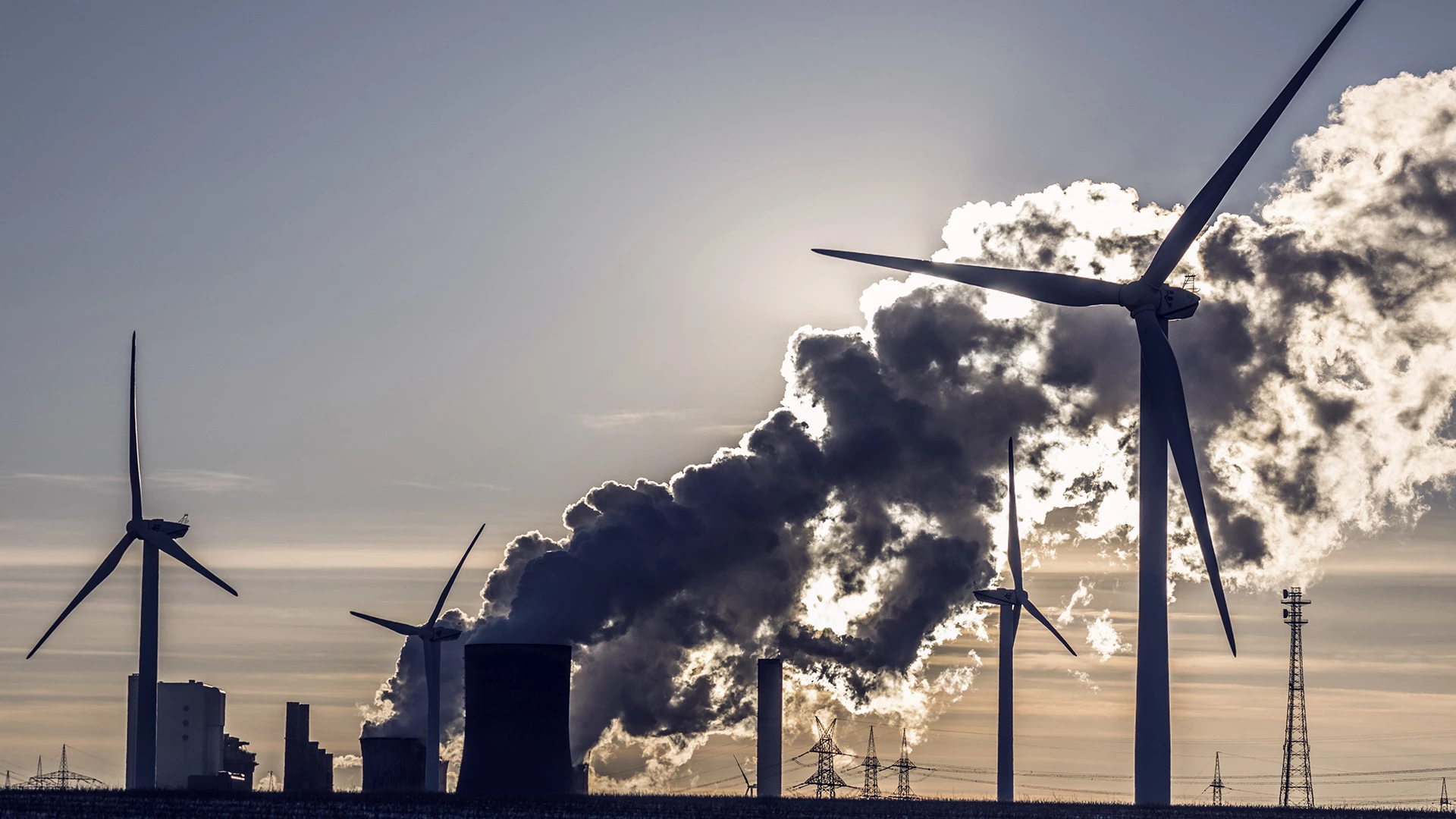Despite a turbulent past year with Russia’s invasion of Ukraine, the energy crisis, soaring inflation and rising interest rates, ESG continues to climb investor, corporate and government agendas. Nordea’s Head of ESG Research Marco Kisic has his ear to the ground in this fast-moving field. We asked him to gaze into the crystal ball and reflect on the top issues likely to dominate ESG debates in the coming year.
1. The clean tech arms race between the EU and the US
While the EU got a head start in the green energy transition, the US came out strong with President Joe Biden’s landmark green package, the 2022 Inflation Reduction Act.
“The US and Europe have very different approaches to guiding the transition,” says Kisic. Europe has focused on frameworks and regulation – the “stick” – while the US has created an incentive-based system, offering clean energy subsidies and tax breaks – the “carrot.”
Many EU leaders have expressed concern that the incentives will encourage companies to shift their investments to the US, at Europe’s expense. Now Europe is under pressure to create a carrot-based framework to compete with the US subsidy system. However, that poses a coordination challenge, with some EU countries opposed from a financing perspective.
Kisic notes that one solution being discussed is to relax state aid rules to allow individual countries to use their own budgets to support some of these measures. Yet that runs the risk of setting off an internal competition between European countries.
“Ideally, we need coordinated European action, similar to that seen during the COVID-19 pandemic,” says Kisic. However, he is cautious on the likelihood of seeing such a scenario materializing, and for now sees as more likely a middle-of-the-road solution in which European countries have some more freedom but not enough to trigger an internal European clean tech arms race.
2. Biodiversity in the spotlight
Biodiversity – the vast variety of life on earth – has been a growing theme in recent years for companies, investors and civil society. With rising levels of pollution, ecosystem degradation and habitat loss – in addition to the interlinked negative effects of climate change – there’s a growing recognition that swift and meaningful action is needed to protect biodiversity.
“It’s an incredibly complex area. Despite the market having talked about it for some time, very few have a full grasp of it,” notes Kisic. Unlike climate change, which has globally-applicable measures, such as carbon emissions, biodiversity is highly local, which adds to the complexity.
Last year’s United Nations Biodiversity Conference (COP15) helped build momentum, ending in a landmark pact and putting the issue firmly on the agenda for governments, investors and other stakeholders. However, it also raised many new questions. How will it be implemented in practice? What role should companies and markets play? What frameworks should we use?
“It’s a field that’s in the process of being built. As the knowledge develops, expect more focus on the subject,” Kisic says.




